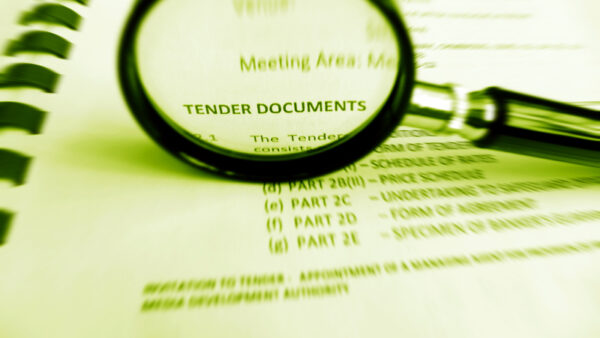A group of international engineering advocacy bodies have called on engineers worldwide to stop hiding behind technical competence and to commit to doing good in the face of the global heating crisis.
They want three new requirements added to the International Engineering Alliance’s “Benchmark for Graduate Attributes and Professional Competencies”, an update of which is now being developed for release next year.
In an open letter, Engineers Without Borders International, along with Engineers Without Borders organisations from Australia, Brazil, Canada, India, the Netherlands, the Philippines, UK and USA call on engineers to think critically about the role of engineering itself.
They worry that the revised Benchmark perpetuates a narrow view of engineering that ignores the impact engineering has on people and the planet.
“We have no planet B and time is running out,” they write. “To ensure engineering is beneficial for all, the engineering mindset must shift to include reflecting on and thinking critically about the role of engineering itself.”
The new competencies they want added to the Benchmark are:
- The ability to analyse the impact of engineering itself on humanity;
- Understanding ethical issues involved in engineering and the skills needed to navigate them;
- Acknowledging the value of the social sciences in helping engineers understand the implications of their work.
“Don’t be evil”
GCR asked Katie Cresswell-Maynard, chief executive of Engineers Without Borders UK (pictured), if the letter urges engineers: “Don’t be evil”.
“Great question,” she replied by email.
“I think we’re saying much more than ‘don’t be evil’, we’re saying ‘be proactive and make a positive difference’ and that’s a whole different mindset. Rather than seeking out what you should avoid doing, we’re emphasising that your primary concern is what is the good that you can achieve for all people on this planet.”
Does it mean engineers should refuse to design motorways and coal power plants?
Not exactly. She writes: “The challenge we face as engineers is that we often want a simple answer when we have to get better at asking the question and being prepared to receive a whole host of responses that may challenge what we thought was the way to do things.
“Rather than refusing to design motorways and coal power stations, we should be asking ourselves if we’ve asked why people wanted to get from A to B in the first place and if that’s still a need moving forwards. And if there is, is a motorway the right way to do it?
“Similarly, what did we think we needed that power for? Is it still needed and will it still be needed in years to come? If so, how can we deliver that demand?
“Refusing to work on something doesn’t mean the issue goes away, it just means that those who may have challenged are no longer in the room.
“It takes courage, but rather than refusing to do something, challenge the thinking instead. We need that diversity of opinion in the room, always, if we’re genuinely going to tackle the challenges we face.”
Is this just about ethics being taught to undergraduate engineers?
No, she said.
“It’s not just about placing all the responsibility at the feet of undergraduates. We want to see undergraduates, graduates, mid-career professionals and industry leaders all taking seriously the responsibility the engineering community has for using the planet’s resources wisely (i.e. within the limits of our planet’s ecosystem) for the benefit of all.
“That starts with a personal commitment and individual understanding at all levels of seniority that putting social and environmental justice at the heart of what we do as engineers isn’t just a nice to have, it’s a must have.
“There’s a moral imperative but a business imperative too; the supply chain risk, and subsequent financial risk, of ignoring climate change, water scarcity, resource shortages, land degradation (the list goes on) is increasingly becoming visible.”
Image: Katie Cresswell-Maynard, chief executive of Engineers Without Borders UK (Image supplied)
Further reading:
- “Buy a shotgun”: Keith Clarke warns industry to heed science on climate change
- Protest premium: “Social risks” on rise in Asian infrastructure schemes
- Protesters target Samsung stores as Samsung C&T mulls building coal plant in Vietnam
- Samsung admits brand damage in building coal plant, won’t build another
- “Sand mafias” are destroying beaches and habitat, report warns






